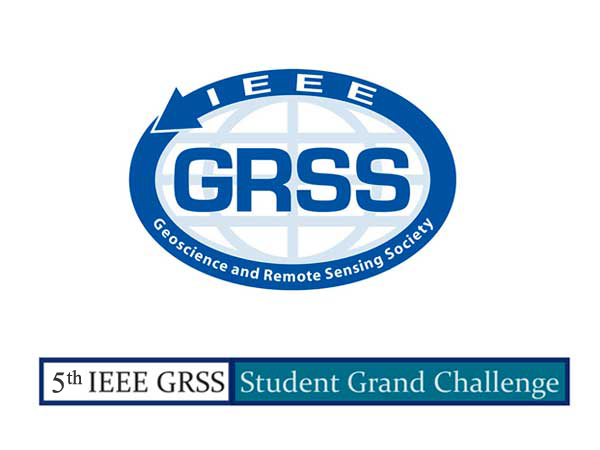GRSL Special Streams
The United Nations (UN) has defined a set of 17 “Sustainable Development Goals (SDG),” which provide a policy framework to end poverty and protect the planet. These goals address several challenges related to inequality, poverty, climate, environmental degradation, and justice and provide a blueprint for action. This policy framework follows a data-driven approach where the progress towards these goals is measured by analyzing data such as surveys, imagery, social media, etc. For example, imagery acquired from satellites, airborne and unmanned aerial vehicles has been utilized to monitor natural ecosystems and study environmental changes over time. Machine learning methods continue to advance the transformation of remotely sensed data signals into data products that impact applications such as crop type mapping, delineation of agricultural field boundaries, mapping slums and urban areas, sustainable forest management, and disaster monitoring and response. These example efforts are well aligned with the SDG, such as attaining Zero Hunger (SDG 2), Good Health and Well- Being (SDG 3), Sustainable Cities and Communities (SDG 11), Climate Actions (SDG 13), Life on Land (SDG 15), and Secure Property Rights (Multiple SDGs).
The Image Analysis and Data Fusion Technical Committee (IADF TC) of the IEEE GRSS invites contributions from researchers on machine learning applied to remote sensing data for contributing to the sustainable development goals. The special issue will include, but will not be limited to, the following topics:
● Zero Hunger (SDG 2): Monitoring of agricultural lands, Crop Type Mapping, Delineation of agriculture field boundaries, crop classification, Estimating crop yield, Land Use – Land Cover Classification, Land use –Land cover change detection
● Good Health and Well-Being (SDG 3): Forecast/Monitoring the spread of diseases, such as malaria, dengue, etc, Eradication of Diseases in Poor Countries, and actions for reaching Global Health based on machine learning and remote sensing techniques
● Sustainable Cities and Communities (SDG 11): Monitoring of Urban Settlements through Multi-modal Remote Sensing Image Analysis, Building Segmentation, Road Network Extraction, Coastal Plain Wetland Classification.
● Climate Action (SDG 13): Machine Learning for climate change mitigation, Machine learning for climate change adaptation
● Life on Land (SDG 15): Sustainable forest management, detection, monitoring, and forecasting of natural disasters (Wildfires, Floods, Landslides, etc)., wildlife conservation.
● Any other application of machine learning for remote sensing images with a clear contribution to one of the SDGs
All submissions will be peer-reviewed according to the GRSS guidelines. Submitted articles should not have been published or be under review elsewhere. Submit your manuscript on mc.manuscriptcentral.com/grsl, using the Manuscript Central interface, and select the “Special Stream on Machine Learning in Remote Sensing towards the Sustainable Development Goals” manuscript type.
Timeline:
Submission Starts: 20th September 2022
Submission Ends: 31st October 2023
Guest Editors:
● Ujjwal Verma, Manipal Institute of Technology, India
● Dalton Lunga, Oak Ridge National Laboratory, USA
● Ronny Hänsch, German Aerospace Center (DLR), Germany
● Silvia Liberata Ullo, University of Sannio, Benevento, Italy
● Claudio Persello, University of Twente, Netherlands



























